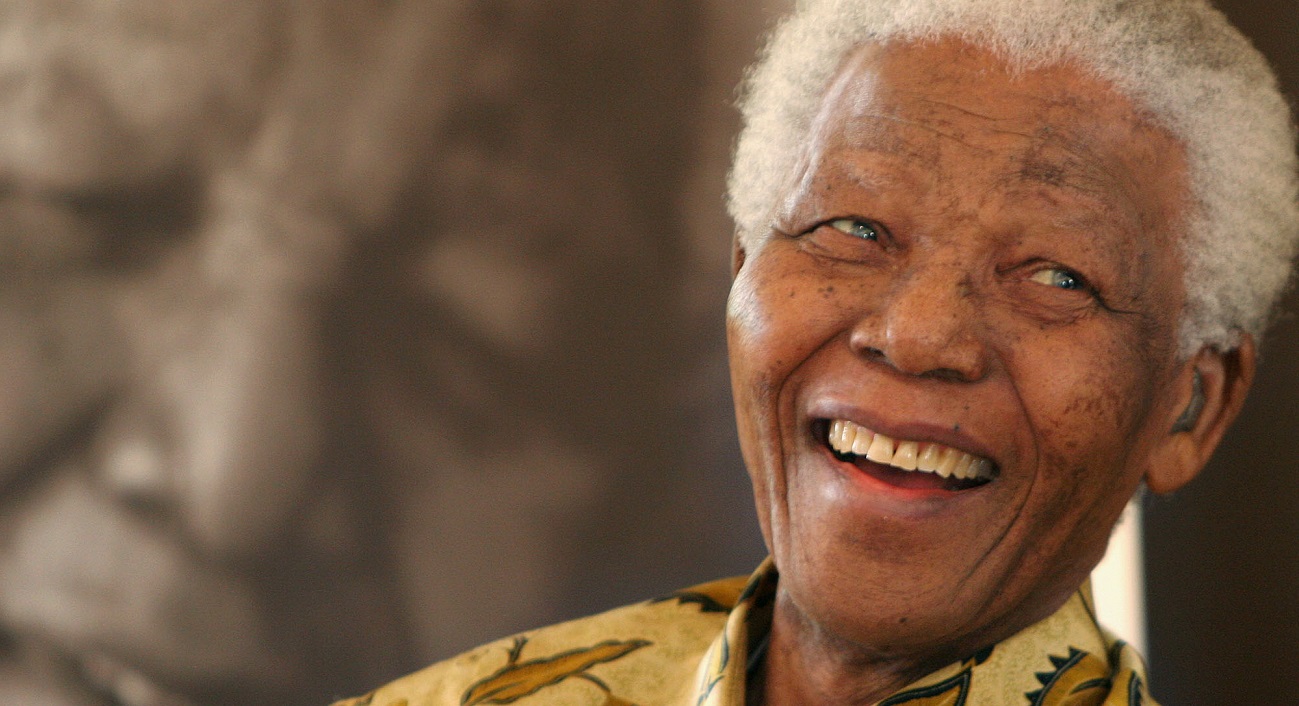Looted stores, widespread boycotts, and torched cars – the xenophobic epidemic in South Africa has reached new heights this week. According to the New York Times, the latest outbreak of xenophobic violence has resulted in at least 10 targeted deaths and about 200 arrests. Discrimination against immigrants in South Africa has been a long-standing issue since the end of apartheid. Although the system of apartheid officially ended in 1994, the remnants of its socio-economic inequalities, racial hierarchy, and psychological dogma continue to colonize the systemic and institutional infrastructure of South Africa. South Africa holds one of the most unequal distributions of wealth in the world, with about 85 % of the country’s wealth occupied by white stakeholders who only make up about 9% of the country’s population. The legacy of apartheid has pushed Black South Africans into the most impoverished areas of the country, a spatial segregation that has resulted in 70% of land ownership controlled by White South Africans. Promises by the South African government to redistribute land to disenfranchised Black South Africans has still not been realized.
The most recent attacks on Monday and Tuesday were triggered by the continued consequences of South Africa’s severe income inequality, specifically the country’s high unemployment rate, currently stagnant at 28 percent. The majority of unemployed South Africans are Black due to the poor, segregated education systems during apartheid that have created an educational gap, providing unequal access and low quality of education for Black South Africans across the country. Consequently, immigrants and foreigners have filled the gaps in the professional workforce, occupying higher paid positions in the corporate, medical, and technological sectors. The South African government has neglected its responsibility to create programs or institute effective policies to offset the inevitable legacies of apartheid across the various sectors of its workforce, healthcare, and education. Today, the long history of imperial colonialism has come to a violent clash as South Africans retaliate against African immigrants who they believe are stealing their jobs and opportunities. President of South Africa, Cyril Ramaphosa, has only ignited the animosity between the two groups and inflamed allegations that African immigrants set up businesses without licensees to carry popular votes. Similar to Trumps’ tactics to alienate immigrants and rally the fervor of the right wing, President Ramaphosa has relied on sensationalist propaganda to mask the government’s inadequacy and inability to redistribute land, alleviate widespread poverty, and provide new job opportunities.
The African Centre for Migration & Society (ACMS) has monitored attacks across South Africa since 1994. Their research documents that “violent attacks peaked in 2008 and again in 2015. In 2008, there was a wave of attacks across the country against refugees and migrants – more than 60 people were reported to have been killed and thousands displaced”. Immigrants in South Africa make up a small percentage of the country’s overall population, an estimated 3.6 million migrants live there today out of an average of over 50 million. BBC reports that, “about 70% of foreigners in South Africa come from neighboring Zimbabwe, Mozambique and Lesotho. The remaining 30% is made up of people from Malawi, UK, Namibia, India and other countries”.
In the short twenty-five years that post-apartheid South Africa has existed it has failed to acknowledge, address, and reconcile its long and violent history of colonial exploitation. Beyond the substantial economic, political, and educational aftershocks of apartheid, South Africa also grapples with a complex identity crisis. The constructs of power and privilege that were used to divide and conquer South African natives by British and Dutch colonizers are the same tactics wielded by the majority of Black South Africans against African immigrants. The insidious psychology of colonial dogma, egged on by a political agenda, has characterized African immigrants as the enemy, encroaching on the space and rights of South African nationals. This exhibit of xenophobia exemplifies the ways in which Trump administration’s grueling immigration policies and inflammatory rhetoric have influenced foreign policy.
As a result of these recent attacks, Nigeria has recalled its ambassador to South Africa, Tanzania has suspended flights to Johannesburg, and pop stars such as Tiwa Savage and Burna Boy have cancelled musical appearances in South Africa. African countries with affected populations, such as Nigeria and Zambia, have boycotted and looted South African businesses, causing large companies such as MTN to suspend their operations. A growing political solidarity across Africa is standing against the violent xenophobic attacks in South Africa. Previous allies across the continent find themselves betrayed after rallying behind South Africa’s anti-apartheid efforts a short 25 years ago. These geopolitical and ethnic tensions have cast doubt over the upcoming World Economic Forum set to discuss the future of an intra-African trade deal in Cape Town.
As the world watches, Africans in the continent and across the diaspora call for a pan-African unity. To protect the lives of migrants, South Africa must contend with the real consequences of its colonial past and interrogate the ways in which it continues to regurgitate the same colonial, hierarchical structures. This pattern of violence points to an issue greater than this current outbreak and calls for the dismantling of tyrannical colonial structures and tools on an international scale.



